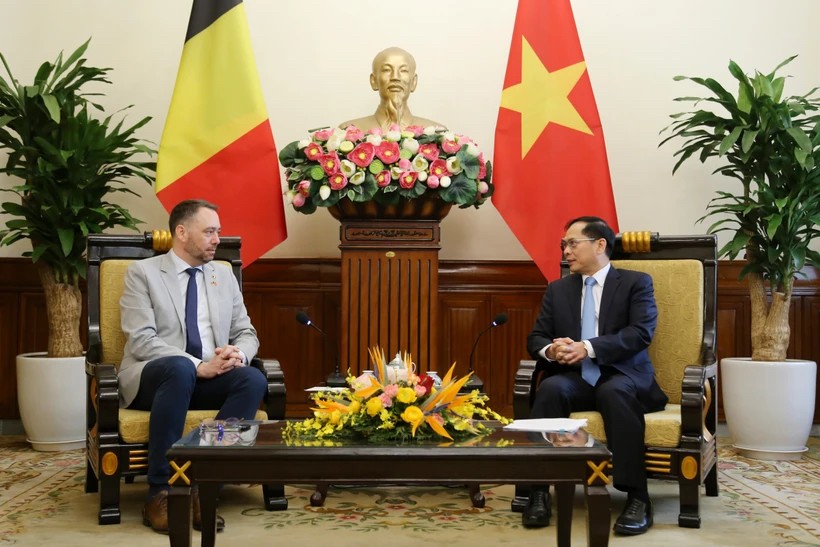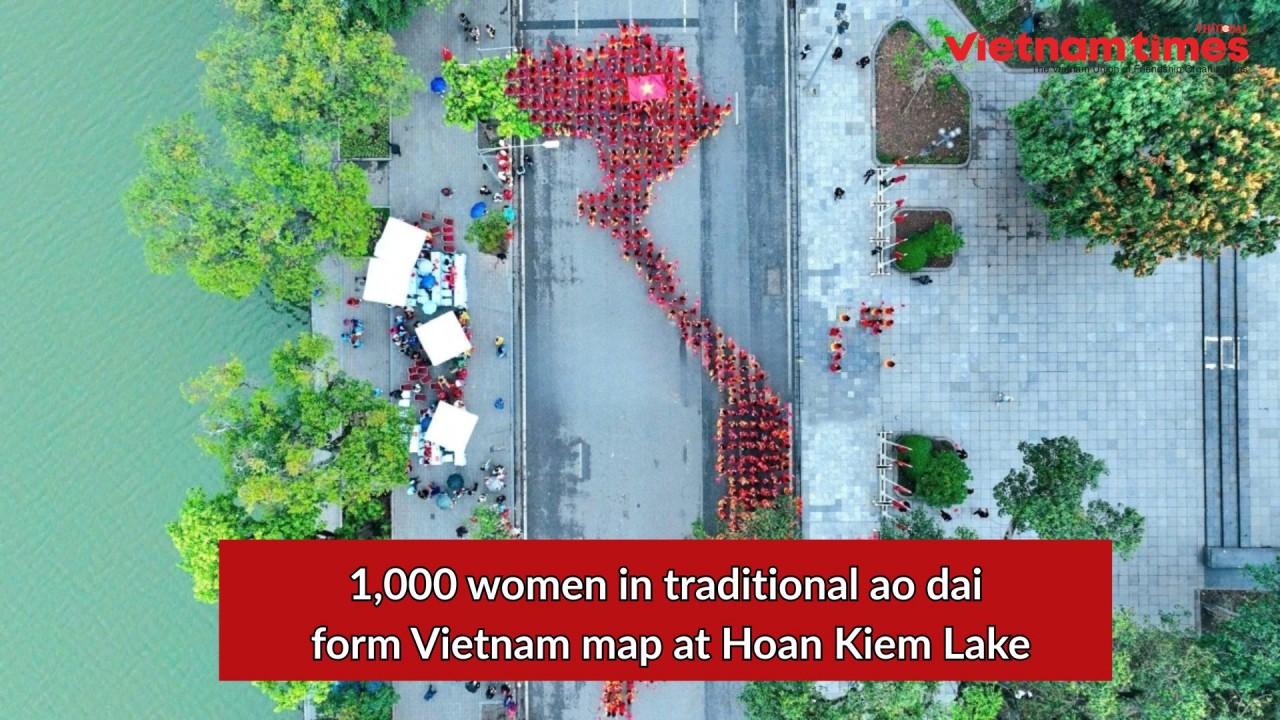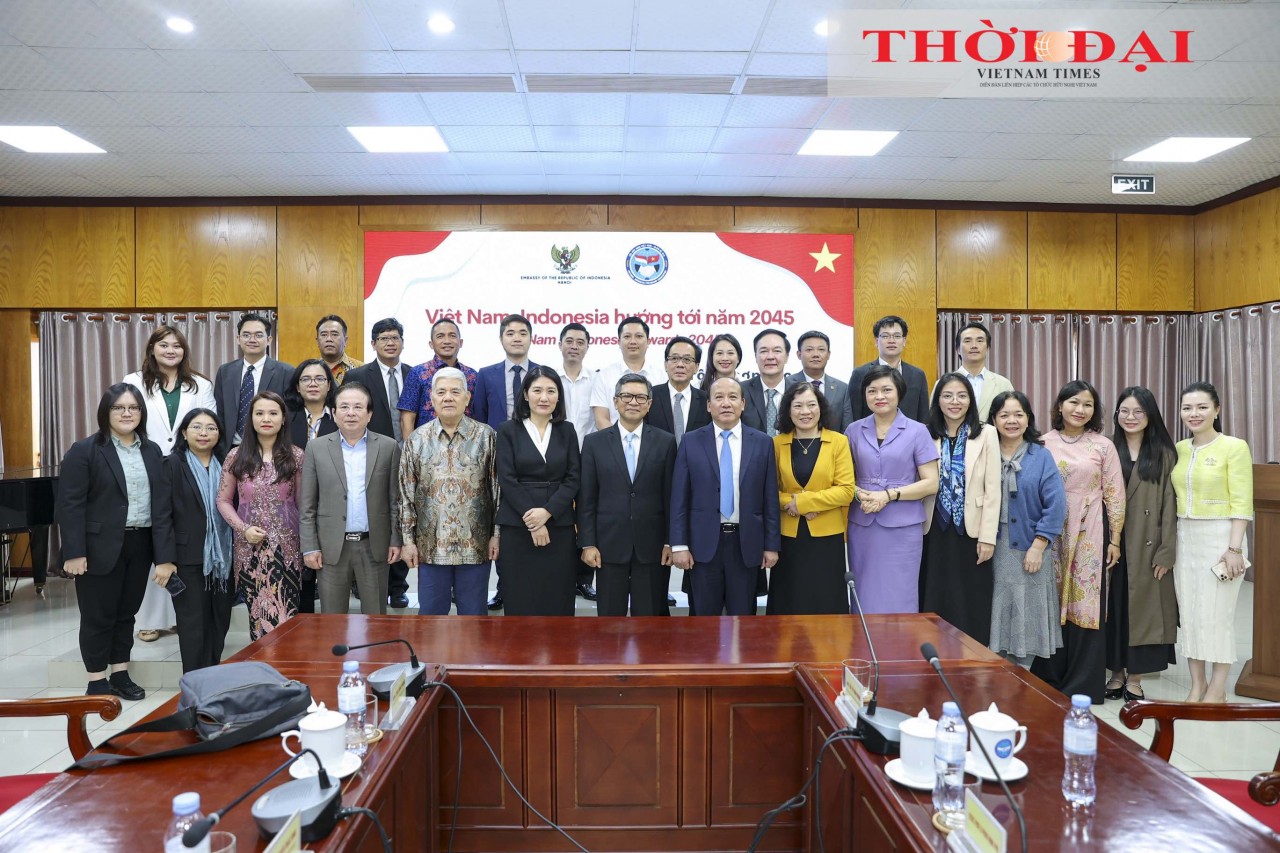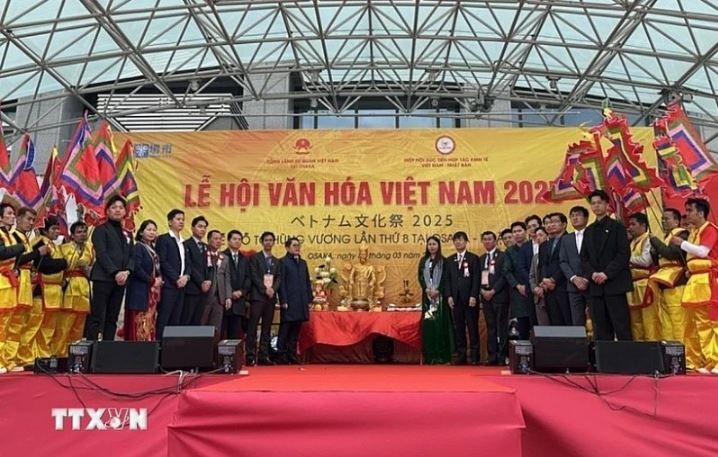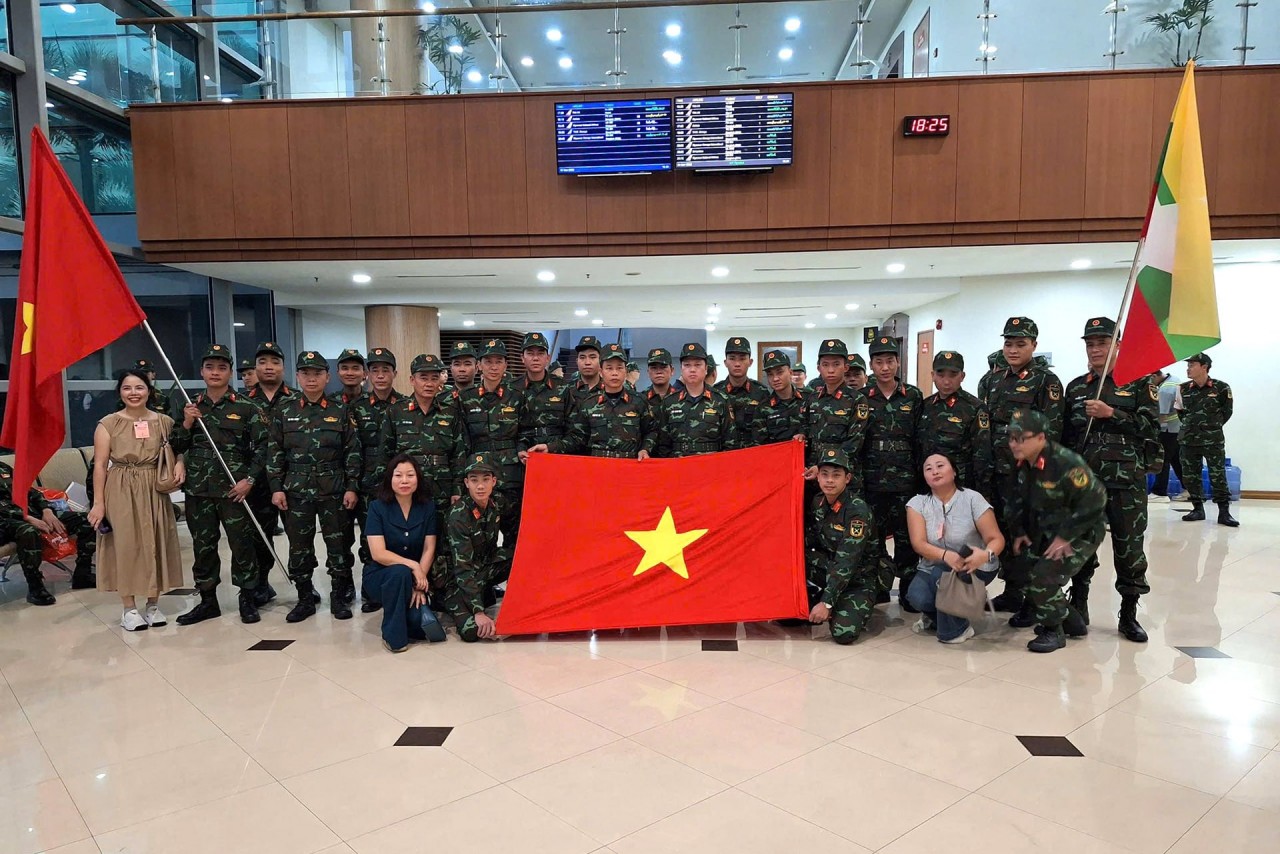Camels & Forts Passé, Modi Rebrands Rajasthan As India’s Next Business Hub With December 9 Summit
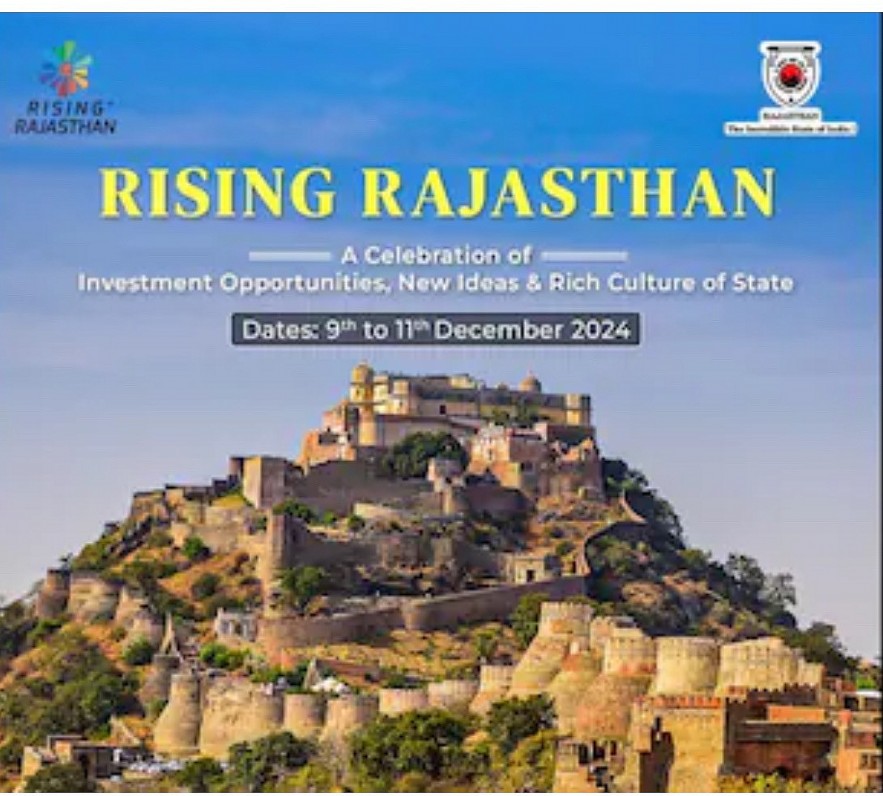 |
Camels, forts, sand dunes, and colourful turbans representing the desert state are passé — or so the BJP-ruled Rajasthan government wants to prove — by pitching Rajasthan as the next business destination of India. Come December 9, Prime Minister Narendra Modi will inaugurate the state’s first-ever summit titled ‘Rising Rajasthan’ to be held in Jaipur till the December 11.
At present, the Rajasthan economy’s size is a little above Rs 15 lakh crore. The government wants to double it to Rs 30 lakh crore and believes that the summit is a good beginning. In her budget speech earlier this year, Rajasthan finance minister Diya Kumari committed to making the state a $350 billion economy as part of the action plan for ‘Developed Rajasthan @ 2047’, which comprises 10 resolutions.
PM Modi had initiated the idea of a big-ticket business summit by starting Vibrant Gujarat as the state’s chief minister in 2003, which became a template for all business summits in India.
Rising Rajasthan has been packaged and marketed much like Vibrant Gujarat but on a smaller scale. The discipline, however, is intriguing. Not only has a young chief minister toyed with the idea in his very first year of governance, but there has been a well-orchestrated global outreach before the main event in December this year. The man executing every small detail in the run-up to it is Rajasthan’s commerce minister Col Rajyavardhan Singh Rathore.
In an earlier interview with News18, he had said: “What sets Rising Rajasthan apart is the thrust on communication. We have deputed 23 IAS officers for 23 countries for the next five years as points of contact for ease of doing business. We have deputed one RAS (Rajasthan Administrative Service) officer each for every state of India as a communication officer for business investment purposes."
During the three-day event, one day will be dedicated for non-resident Rajasthanis. The Rajasthan government has already created 21 investment policies, such as a textile park or land aggregation policy.
A state that was so used to the ‘revdi’ culture of free mobiles, free ration kits, free electricity, and the Chiranjeevi scheme, is now getting used to terms like the ease of doing business. The government’s goals — both realistic and ambitious — will also translate into creating direct and indirect jobs once realised.
For now, Jaipur is getting decked up to extend the red carpet for PM Modi and the attendees, while the government hopes to sign enough MoUs that it can be proud of.
Most read
Recommended
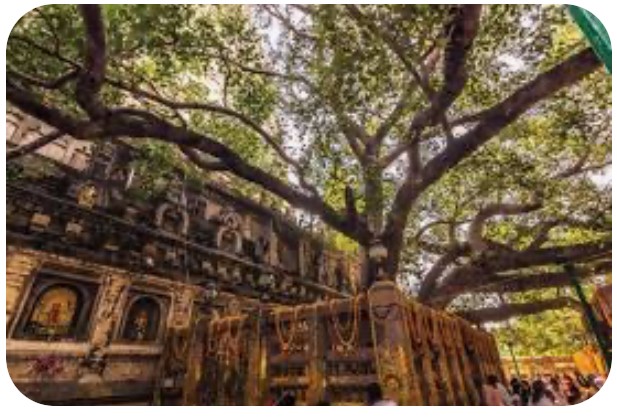 Economy
Economy
Roots of Enlightenment: India’s Timeless Buddhist Journey
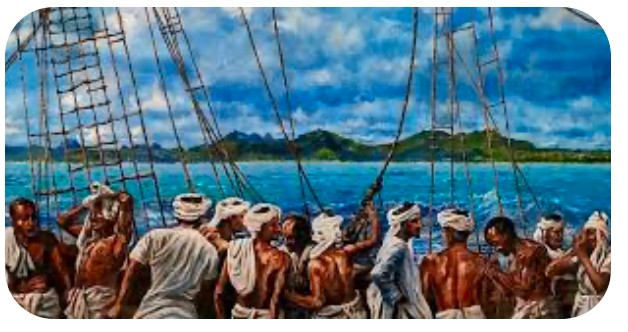 Economy
Economy
India's Connect with Global South: A Bridge of Shared Heritage
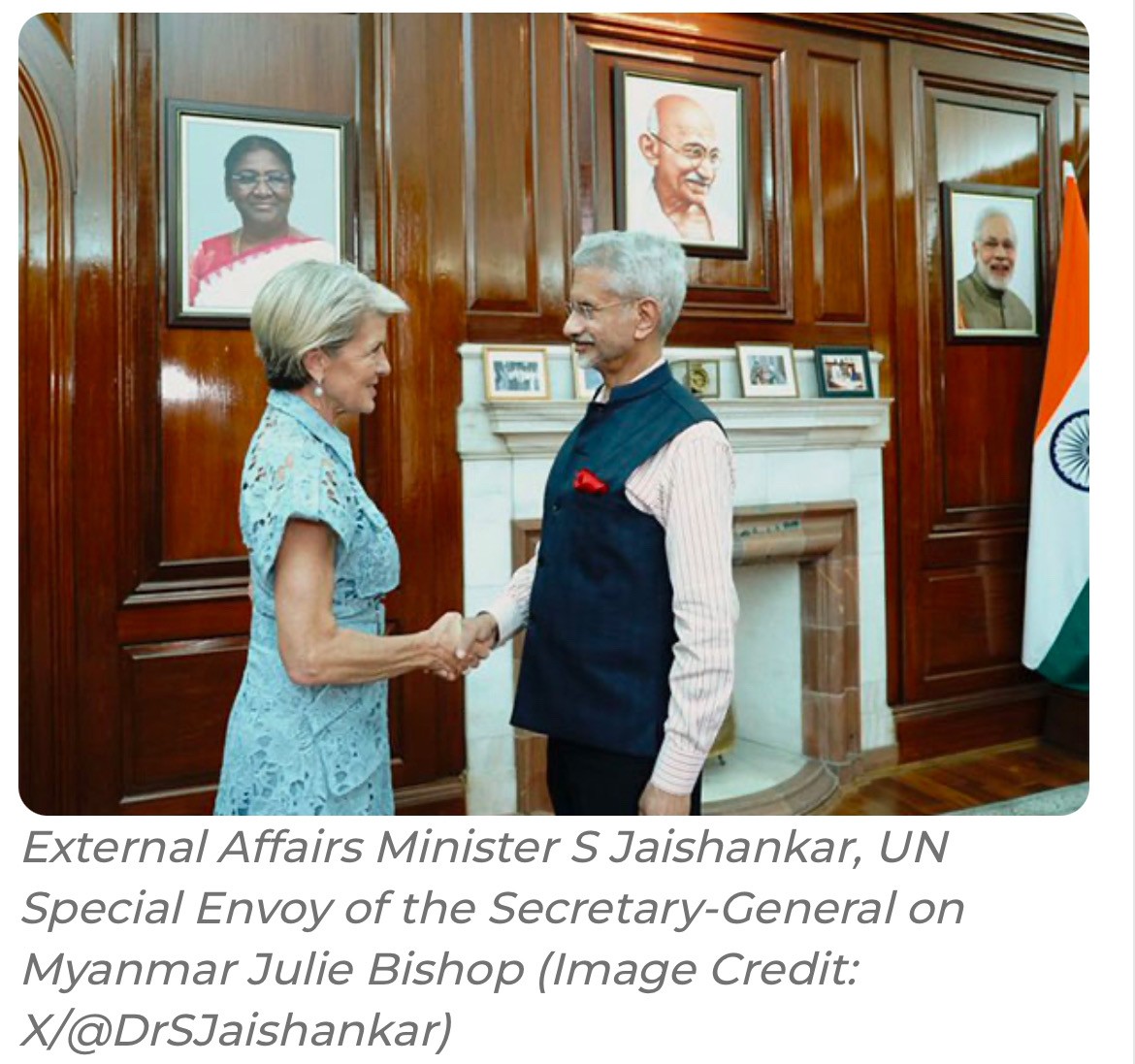 Economy
Economy
Jaishankar, UN Special Envoy on Myanmar Julie Bishop Discuss Stability and, Refugee Situation
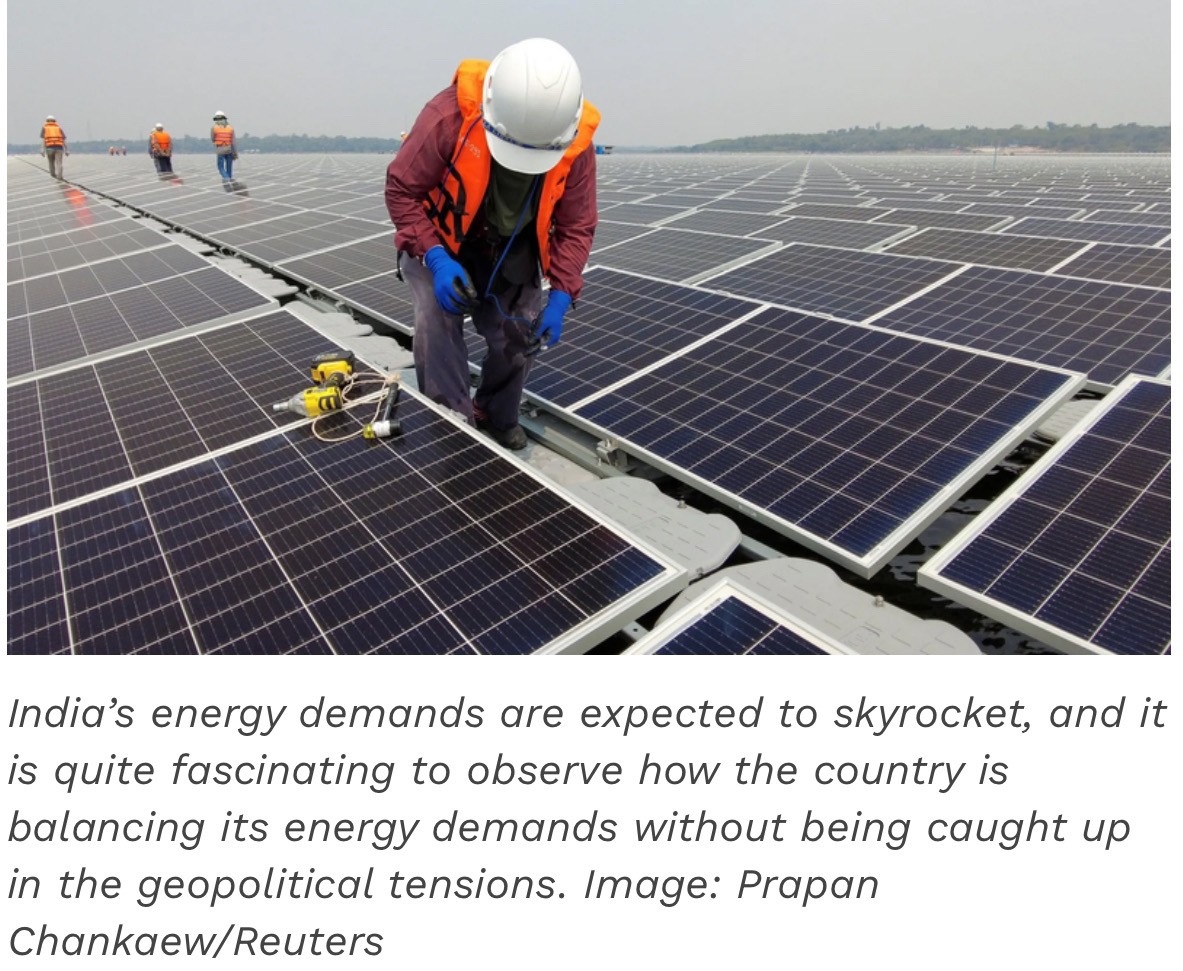 Economy
Economy
A diplomatic energy balance in a contested energy space
Popular article
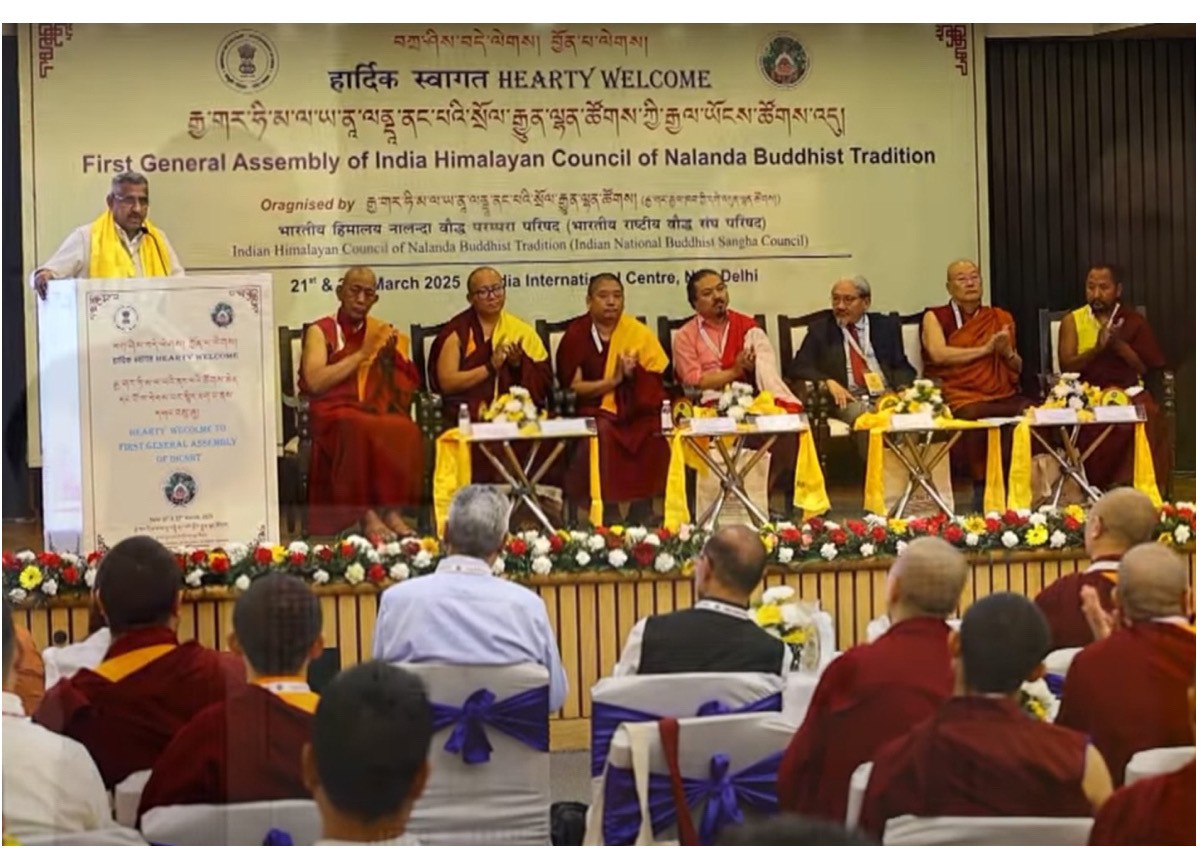 Economy
Economy
Strengthening Nalanda Buddhism: IHCNBT’s Historic First General Assembly
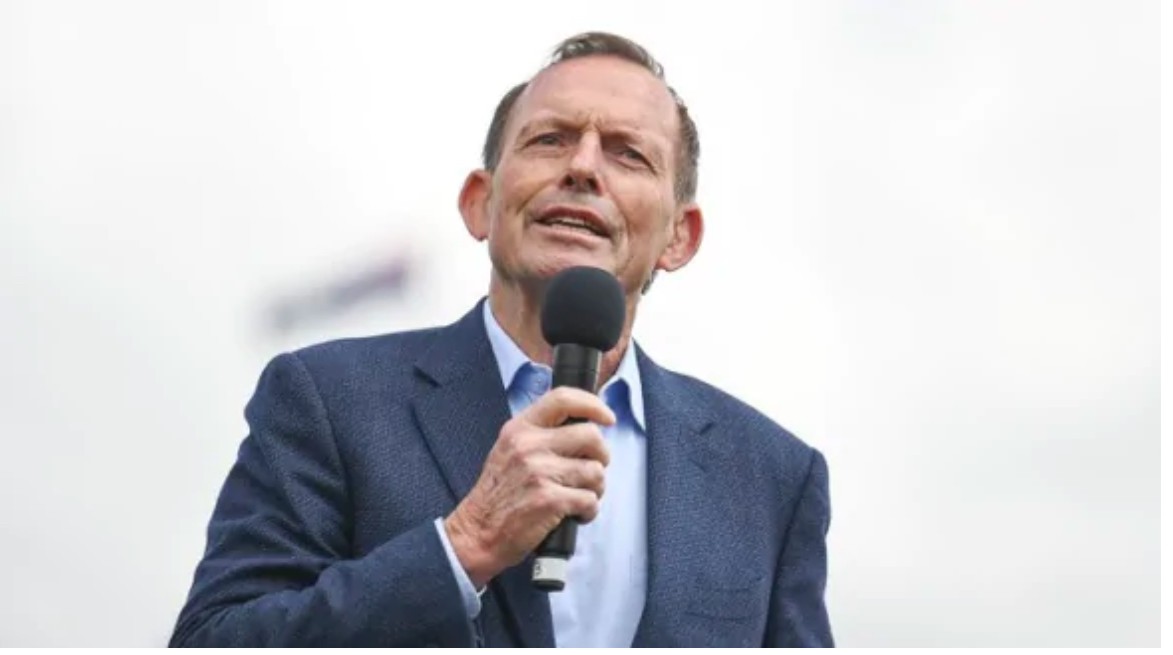 Economy
Economy
Rejecting Khalistan Separatism: Former Australian PM Tony Abbott’s Vision for Indo-Pacific Harmony
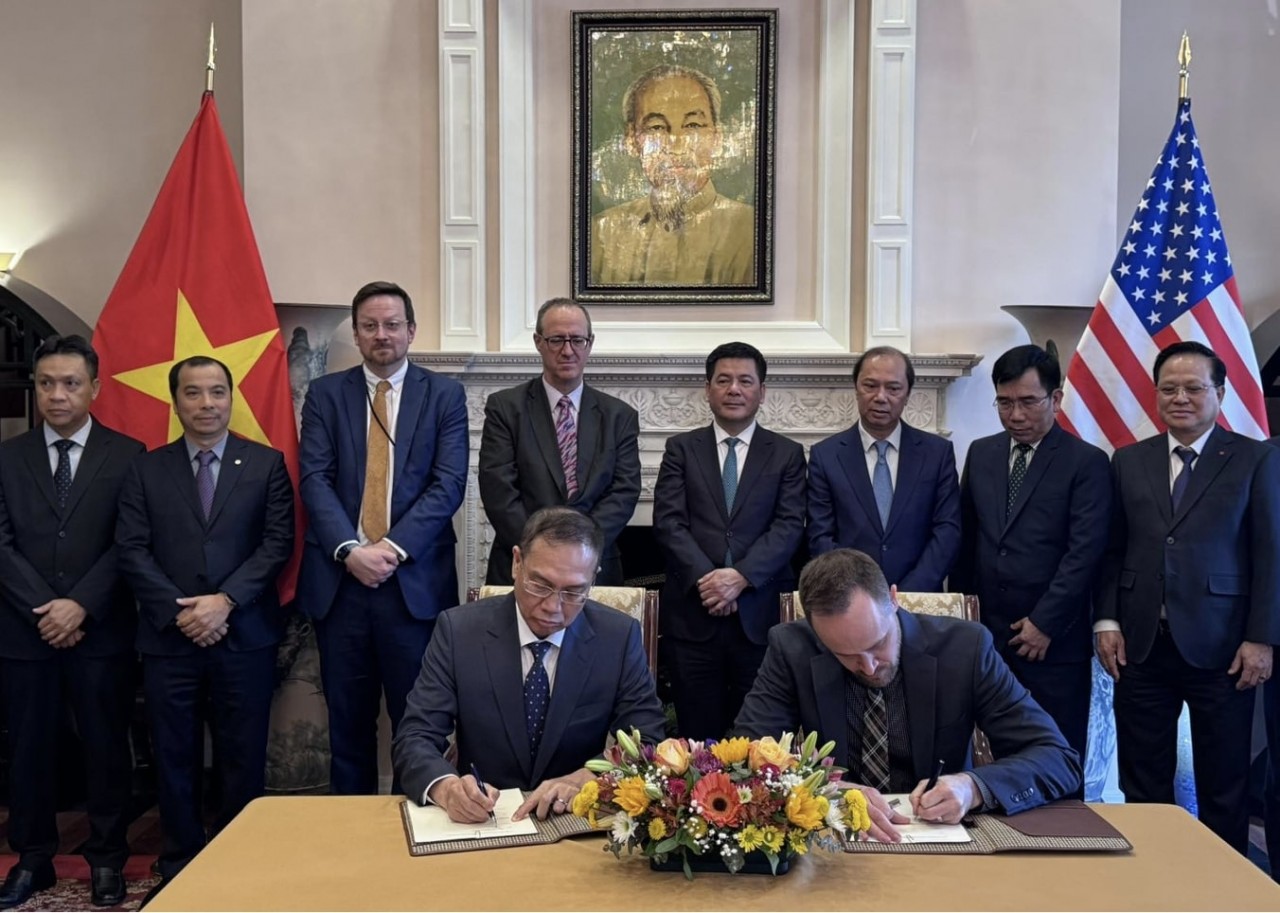 Economy
Economy
Vietnam, US Strengthen Trade Ties with US $90.3 Billion in New Agreements
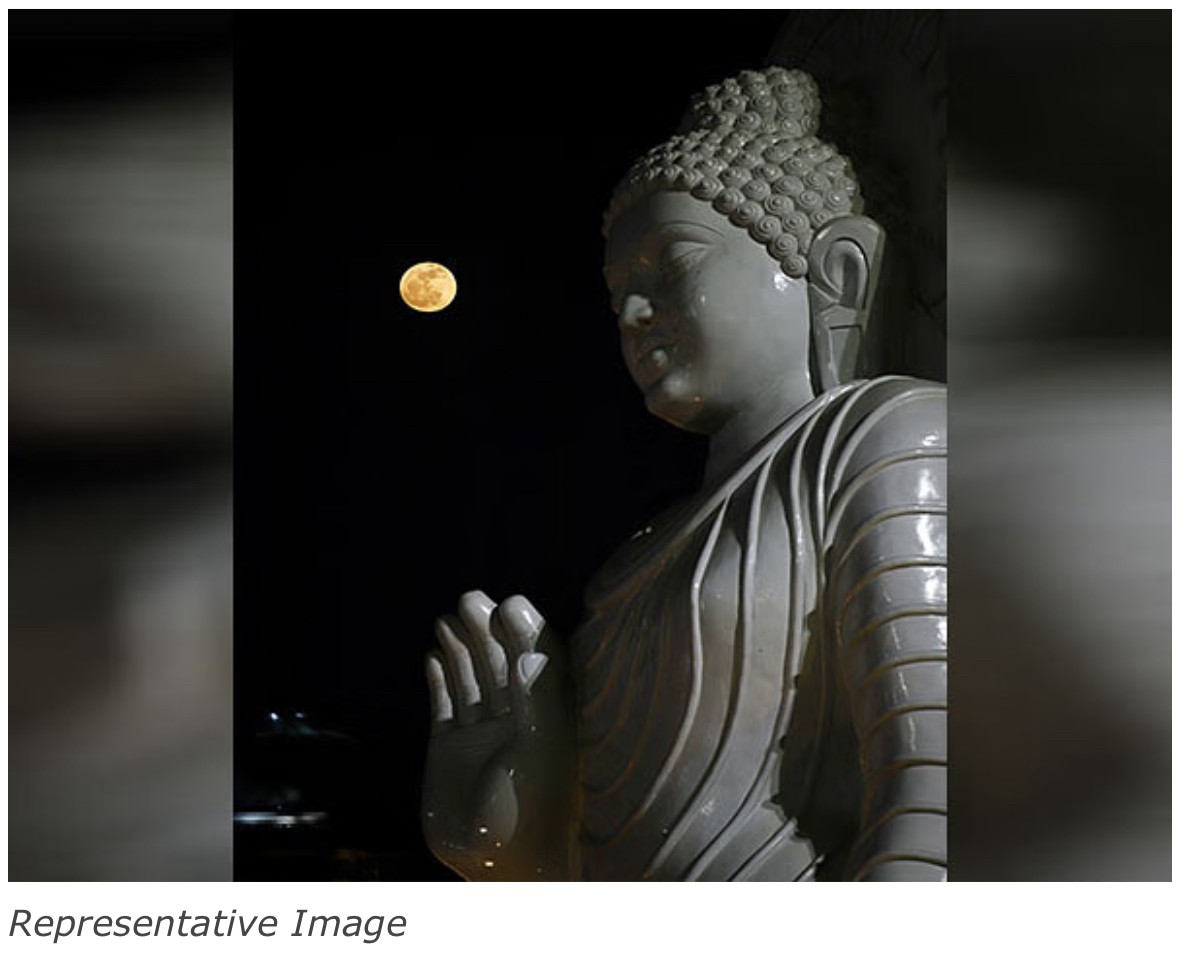 Economy
Economy




